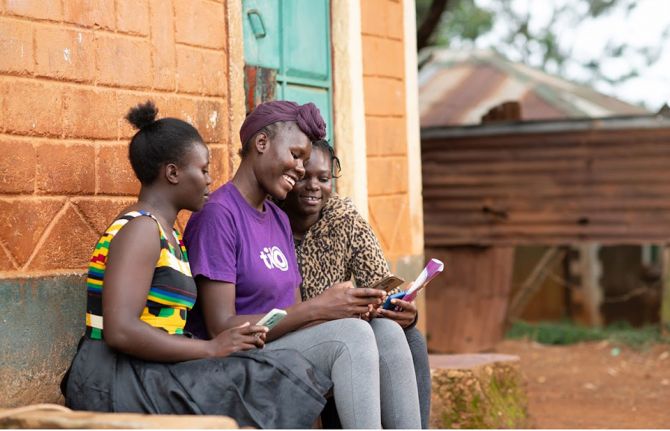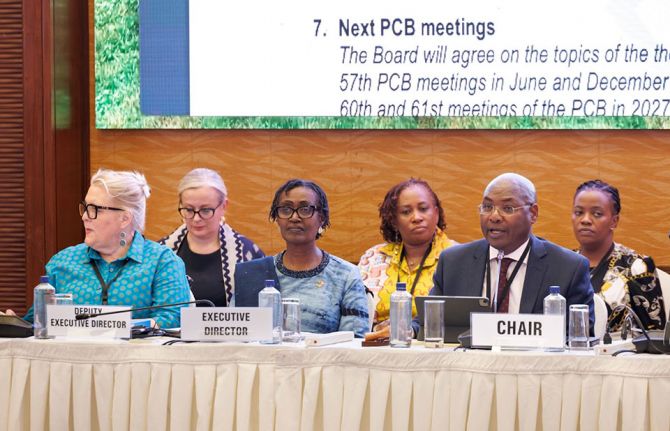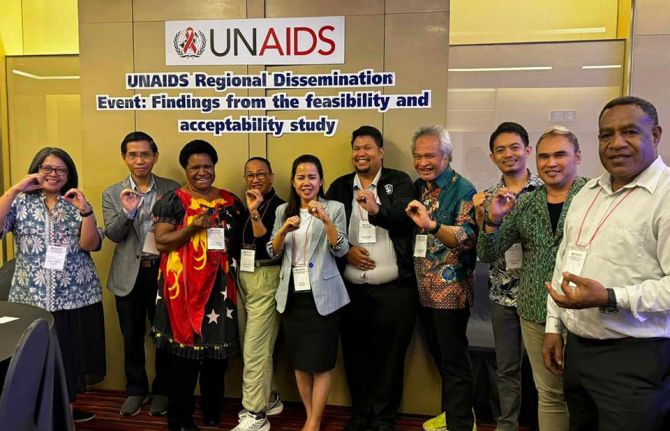
Long-acting medicines for HIV prevention and treatment—medicines that can be taken every few months instead of every day— could help save many lives and help end the AIDS pandemic if, as they are rolled out, are made available at scale.
Long-acting drugs for HIV prevention such as Pre-Exposure Profilaxis (PrEP) are already available now and, in the near term, there are exciting medicines in development for long-acting treatment which could make it easier for people to stay on life-long HIV treatment.
However, we are once again seeing that, most people who need them will not be able to get them any time soon due to their high prices and because monopolies will keep people in low- and middle-income countries locked out.
The best way to ensure this breakthrough science translates into a global game-changer is to make it available free to all who choose it.
Studies have shown that long-acting PrEP can prevent more new HIV infections than taking a pill every day and it could help fill critical HIV prevention needs for those facing the worlds’ highest HIV risks, particularly people whose lives, logistics, and legal contexts make accessing and taking oral prep challenging. But for PrEP to be available to all who choose them, governments and institutions will need to make large-scale purchases at a price that they can afford.
For HIV treatment, the science is also moving rapidly and promising technologies on the way could be transformative. If people could choose a pill that lasted a week or an injection that lasted months, it would make it easier for many to start and sustain treatment—saving lives and stopping HIV transmission.
One key structural barrier that jeopardizes widespread access is the fact that production of these medicines is so far monopolized by a small number of companies based in a small number of countries, keeping prices high and limiting (and concentrating) supply. We know from experience (on the first ARVs, on the second generation of ARVs, and with COVID-19 vaccines & medicines) that this barrier can only be overcome through intervention.
When treatment for HIV first became available in the late 1990s, ARV monopolies meant the price was over $10,000 per person per year, a price far out of reach for the millions of people living with HIV. As a consequence,12 million Africans died.
Mass use of antiretrovirals to stop AIDS came only when low- and middle-income countries defied pressure and triggered generic competition, and when global civil society pressured Western governments and companies to stop working to block them. That experience led the world to say never again to allowing people in developing countries to be locked out access to life-saving medical technology. But the same exclusionary and deadly approach has denied Africa access to sufficient vaccines in the COVID-19 crisis. And on the current trajectory we are on course to repeat the story with new HIV medicines.
Manufacturers of HIV drugs can and should set prices at affordable levels for low- and middle-income countries. And, for the long term, generic production in low- and middle-income countries must be essential for translating science into impact. To do that we have to overcome monopolies. Pooling patents and pro-actively transferring technology can make it possible for a wider set of manufacturers in Africa, Asia, and Latin America to make long-acting ARVs at low costs.
Of course, price and local production are not the only barriers to ensuring effective use. Some public health systems may require global solidarity and support to purchase commodities, with logistics and storage, training for effective provision, and engaging communities to ensure demand and treatment literacy for retention. UNAIDS and partners are providing support on all of these.
Equitable global access to pandemic-fighting technologies cannot be achieved through the default operation of the market alone. It is policy and practice dependent. Leaders from civil society networks, especially those led by people living with HIV and by key populations, are calling for us to act now to ensure global access to new HIV technologies. Shared science will save lives and stop pandemics.




